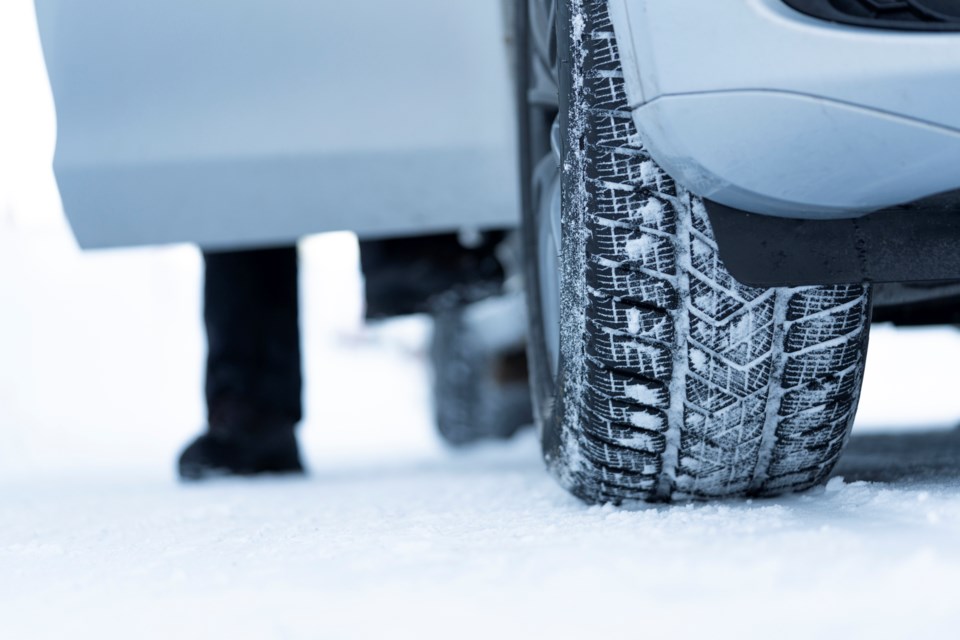Priuses spinning out into a snowbank. Buses stuck on hills. And now, snarling traffic leaving hundreds of people stranded in the biggest snowfall of the year.
It’s not uncommon to have snow in Metro Vancouver, but for some reason, it always seems to come unexpected.
But what happens if you had summer tires on and got in an accident? Can driving your car without winter tires void your insurance coverage if you get in a accident?
No, according to the Insurance Corporation of British Columbia (ICBC) — not even on highways where it’s required during the winter months.
There are two things ICBC looks at to assess an insurance claim, says criminal lawyer Kyla Lee — one, are you insured? Do you have certain offences that can invalidate your insurance such as an expired or prohibited licence?
If you drive without snow tires along a mountain highway in the winter, you may be in breach of the law, but not any more than if you were speeding, says the lawyer.
“Not following the rules of the road doesn’t mean you’re not insured,” she said. “You’re still insured, you’re just negligent.”
That could affect how much your insurance will go up or whether or not you have to pay a deductible with the claim.
The second thing ICBC will look to is who's at fault and by how much.
If you get in a crash on Highway 99 between Squamish and Whistler — one of several designated winter tire/chain routes — not having winter tires doesn’t make you automatically at fault. But it could play a role, said Lee.
If you’re stopped at a red light and someone hits you from behind, you might reasonably argue that winter tires would never have helped, she said. But if you sideswiped someone in an adjacent lane because you didn’t have winter tires, that’s a different story, and one the lawyer says will play out on a case-by-case basis.
What about where winter tires aren’t the law?
From cars spinning out in Vancouver to a HandyDart bus sliding into a line of cars in South Surrey, Tuesday night once again showed winter tires aren’t just for the mountains.
Even in places that don't have winter tire restrictions — such as highways across the Lower Mainland — Lee says you still have to exercise reasonable care on the road, meaning not driving with summer tires into 10 or 20 centimetres of snow.
“We all knew the snow was coming. It wasn’t a surprise. If you make a calculated risk, you’re responsible for the consequence of that risk,” she said.
Lee added drivers who got in accidents could be held liable if it’s found they were negligent.
“This is why everybody has insurance. Because we’re all stupid with our cars,” she said.
What about that bus?
“TransLink has a bigger problem,” said Lee. “For TransLink, for the finding of negligence, it doesn’t just relate to insurance. It’s employee and passenger injuries, too.”




